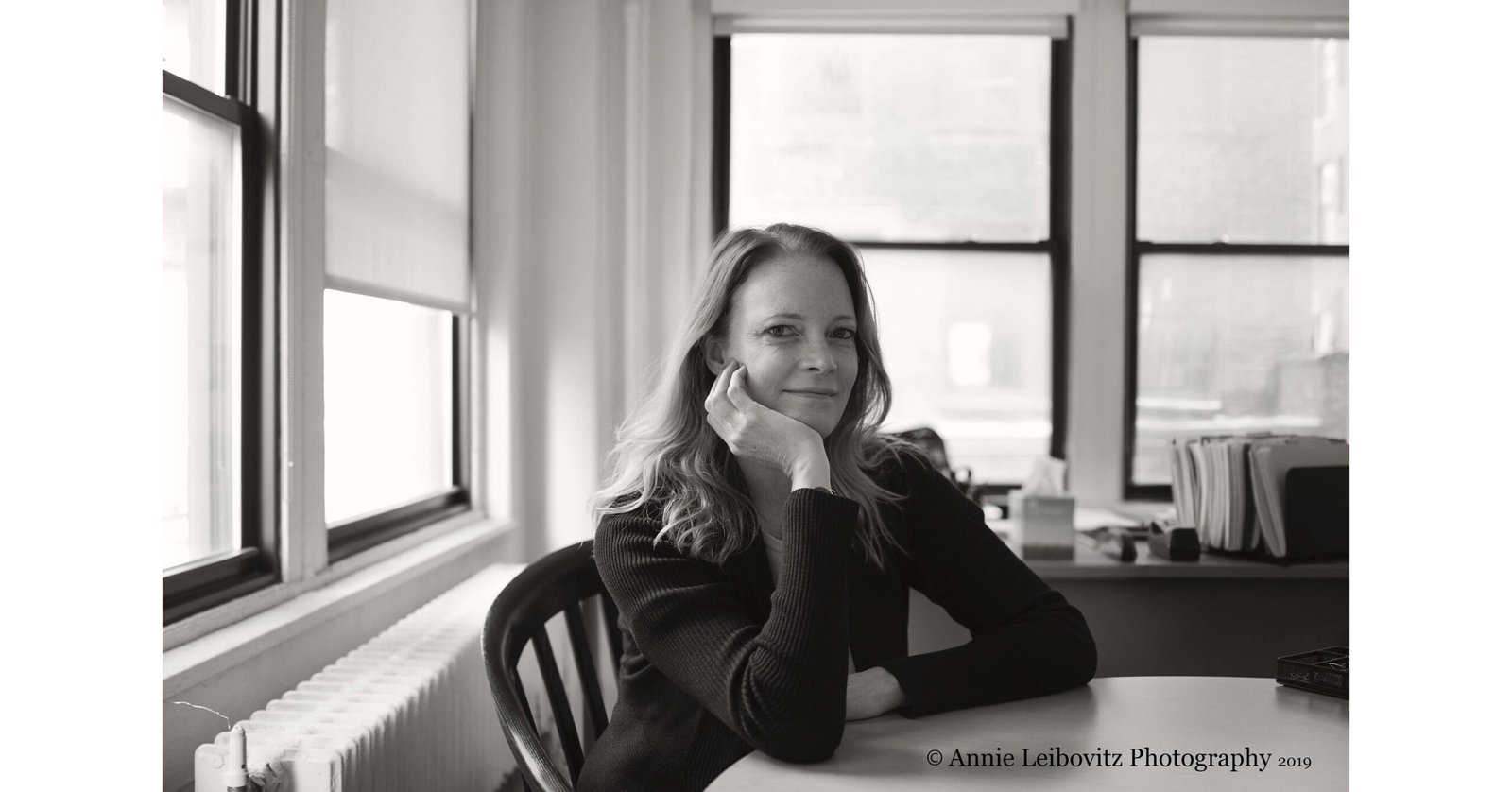After hours of debate on November 21, the Land Use Committee of the City Council passed a curtailed version – reducing the 109,000 homes over the next 15 years, down to an estimated 80,000 units with various revisions.
This kind of sweeping zoning change has precedent at critical junctures of the city’s history. The new zoning resolution of 1916 established guidelines for expansion while preserving neighborhood character, and ensured ample sunlight with the stepped-back, slender office buildings that would epitomize the skyline. The new zoning resolution in 1961 embraced the automobile age by creating more parking and open public spaces in major buildings.
“Today, we are at yet another pivotal moment, moving towards a greener and more equitable urban economy. That’s why we and our partners at the Yes to Housing Coalition supported the smart and forward-looking changes to encourage public transportation, significantly increase affordability, allow some adaptability of office or backyard spaces, and ultimately create more affordable housing outlined in the plan,” Lyon said. She added that this will serve young residents who care very much about sustainability, diversity and opportunity, as well as long-time New Yorkers struggling to live there.
As a 41-year-old nonprofit that has built or run 625 units of supportive housing and provides employment, family support, and mental/physical health for more than 3,000 New Yorkers annually, Jericho knows the depth of need for stable, affordable housing.
There are nearly 133,000 people in New York City shelters, but the cost of housing – borne out by the NYC Housing and Vacancy Survey showing a 1.41% vacancy rate in 2023 – is making the city unaffordable for what used to be called middle-income families headed by teachers, nurses, public workers and the valiant social workers who deliver the life-saving counseling at Jericho.
“Building more affordable housing to increase supply and bring down rents is the best way out of the current housing situation. We must also consider the larger context of our complex city and, in the words of City Council Speaker Adrienne Adams, take a more holistic approach to making homes affordable with a more comprehensive housing strategy,” Lyon said.
City of Yes will directly create tens of thousands of affordable rental housing units through Universal Affordability Preference and by leveraging tax incentives. As the NYC Housing Survey also revealed, only 0.39% of units under $1,100 were available for rent last year. Jericho builds supportive housing that is truly affordable to all income levels. City of Yes, coupled with programs like Jericho’s and other affordability initiatives, are critical to ensure all New Yorkers have access to safe, quality housing.
Despite the compromises, Lyon says, the latest version of City of Yes still lays the groundwork for important change. As a key example, it removes costly and unnecessary parking mandates and allows apartment buildings on large lots in areas close to public transportation – primarily Manhattan, the Bronx and Brooklyn. At the same time it takes into account the parking needs of less dense neighborhoods in Queens and Staten Island.
“It’s time to secure our future as a beacon of urban leadership. We look to the City Council to finalize that promise,” Lyon said.
About Jericho Project: Jericho Project empowers individuals and families experiencing homelessness or housing insecurity by providing housing and person-centered services to address social inequities. For 41 years, Jericho has provided supportive housing and counseling services to thousands of individuals experiencing chronic homelessness, mental illness and substance abuse.
Jericho Project employs rigorous fiscal discipline and works with valued public-private partnerships and a foundation of dedicated donors, to advance its mission. Jericho’s housing and extended services cost $18,000 per person annually, compared to $50,000 for a single adult shelter, $74,000 for a room in a family shelter, $115,000 for a city jail cell and $1000+ per day for a hospital bed.
For more information: jerichoproject.org | @jerichoproject1983
Media Contact
Lynthia Romney, Jericho Project, 914-589-2140, [email protected], www.jerichoproject.org
SOURCE Jericho Project








